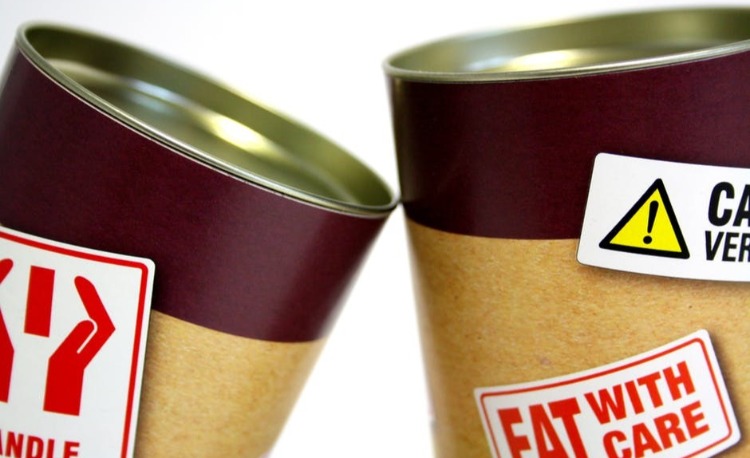It’s becoming a worryingly standard business practice to deceive customers. Sometimes it’s innocent, such as using estimates or predictions that don’t reflect real-world use scenarios. However, there are times when businesses will purposely make something sound too good to be true, or they’ll outright lie about something their product can do., This sounds vague, so let’s use an example.
Let’s say you produce a variety of storage drives that range from 8GB to 256GB. To help your customers decide how much storage space they need, you give them a handy chart that explains an 8GB flash drive can store roughly 1000 music files. This is handy for customers because they can get a rough idea of how much music they can store on it. However, it might not always be true because music files can stretch from a mere 2mb up to 20mb for a high-quality sound file. This can lead to your customers crying foul, and it will take an experienced public relations team in order to calm the outrage.
This is just a small example. There are some examples that are ridiculous and damaging to business reputations, but here are a few ways to prevent this from ever happening in the first place.
Seek Legal Advice When Possible
A lawyer is an essential team member when it comes to handling legal issues. The wording you choose and the way you present your products can have a huge impact on the legalities that you are liable for. For instance, if you neglect to warn customers about certain things, then you could be held responsible if your products are the result of an injury. Make sure you speak to a legal advisor before you release a product.
Don’t Leave Out Key Information
It doesn’t matter how complex you think your product is, you should never leave key information. Whether it’s the specs of a smartphone that you’re selling or an ingredients list, make sure there’s space on the product to show these details. If you find that your packaging is too flimsy or small to write these essential details, then look at solutions from CL Smith for your sturdy packaging needs. If you really can’t fit these on the product itself, then make sure you write where you can find the information and place it on your website.
Never Exaggerate
We all love to show off our products in a positive light, but it’s important not to exaggerate on our claims. No matter what outrageous claims you make, reviewers are going to test those claims and you can be sure that they’ll spill the beans if they find you lying. Make sure you keep your claims modest (unless you’re really proud of a certain feature) and never say anything that is simply untrue or cannot be proven with facts that you provide.
Make Sure The Prices Are Clear
If you’re going to sell a product on the internet, make sure the description is absolutely clear for the audience. For instance, don’t show a stack of 5 items if you’re only selling a single one. If you sell by weight, make sure your audience understands this by putting it in bold and in the item description and title.

